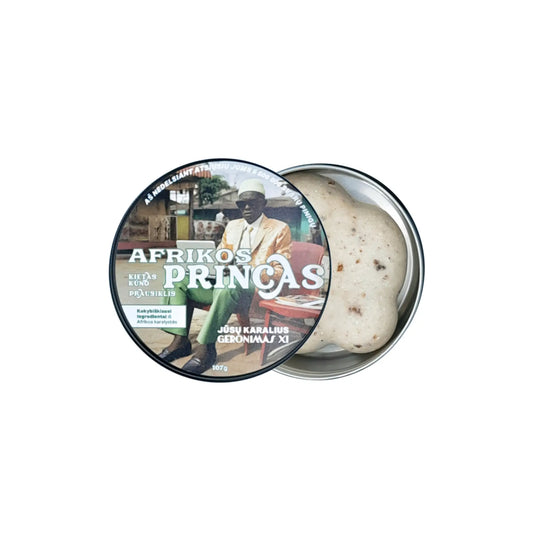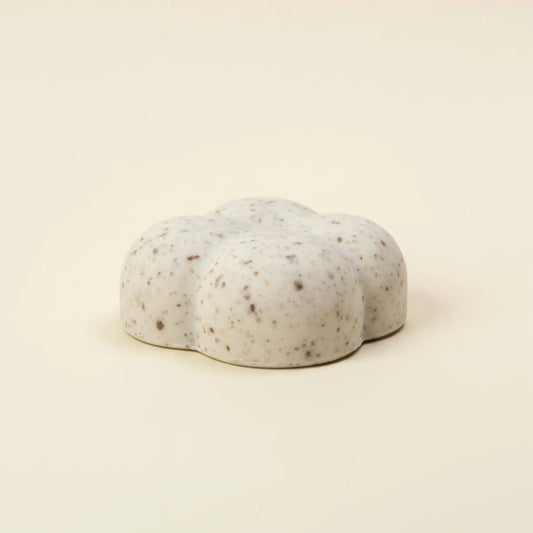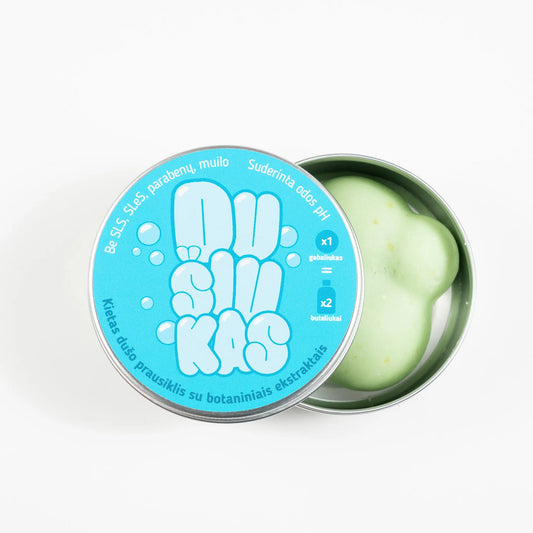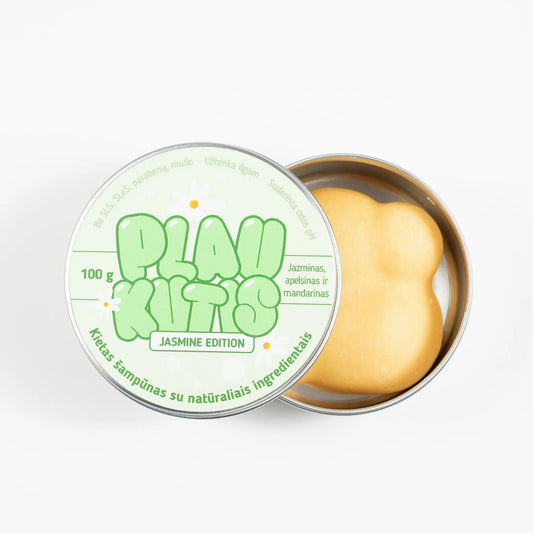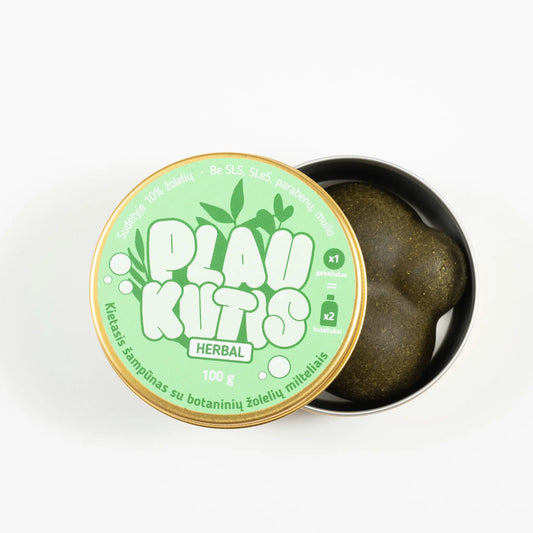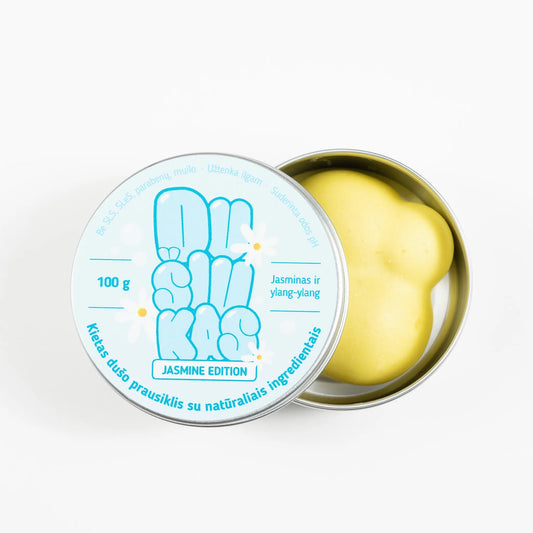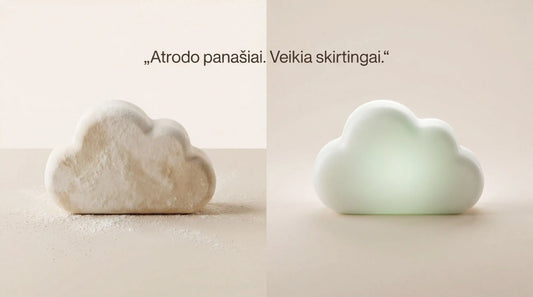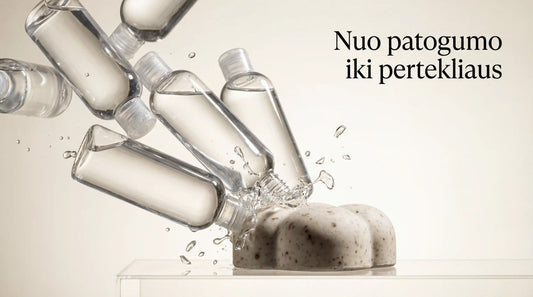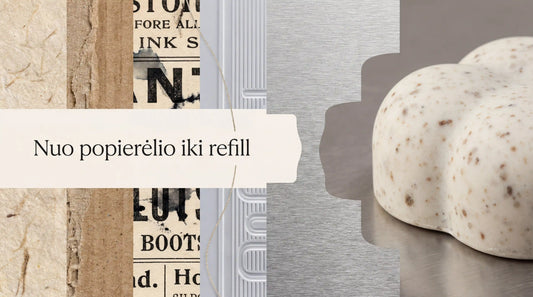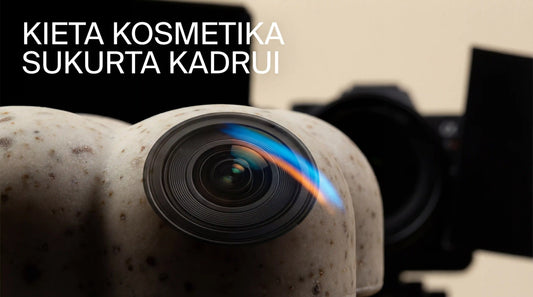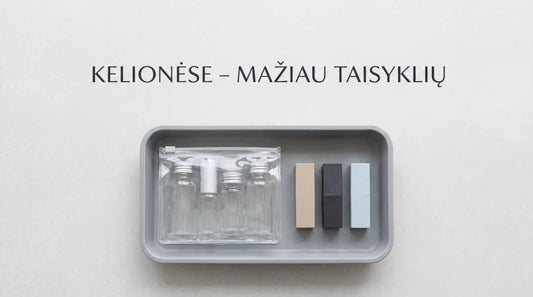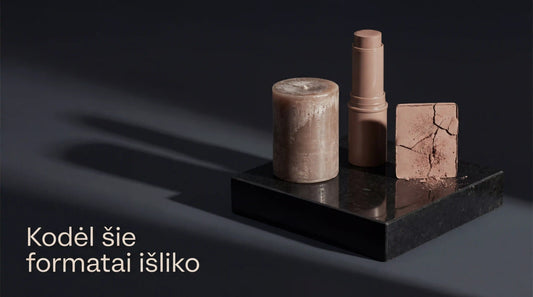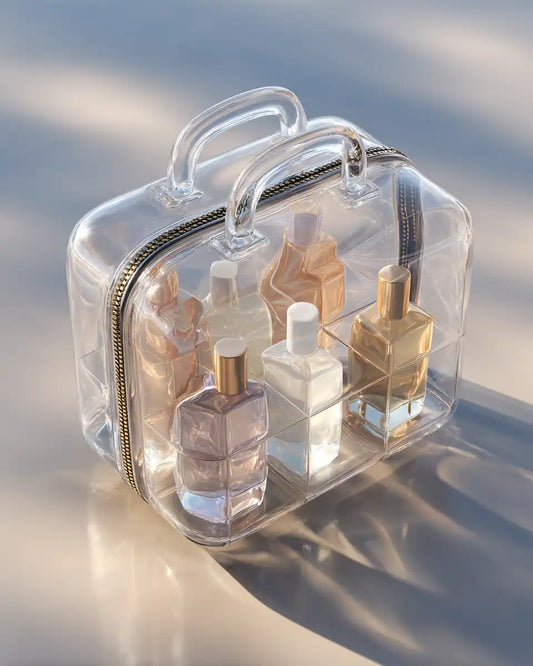What keeps your hair soft, shiny, and healthy? It’s not just the products you use. Hair has its own natural moisture barrier called lipids. These natural fats, whose main component is sebum, play an important role in maintaining hair health. They lock in moisture, protect against damage, and even affect the way your hair looks and feels. Today, we’re going to take a closer look at how lipids work and why they’re so important. Plus, we’ve got a fun surprise for you: oily hair might be better than you think!
The role of sebum and lipid layers
Sebum is a natural oil produced by the sebaceous glands of the scalp. It is made up of lipids, including fatty acids, wax esters, and squalene. Here's what happens when sebum is doing its job properly:
- Moisture retention: Lipids coat the hair shaft and form a barrier that prevents moisture loss. This helps hair stay soft and manageable.
- Damage Protection: Lipid layers protect hair from external factors such as UV rays, pollution and damage caused by styling. This natural armor reduces the risk of breakage and split ends.
- Improved hair texture: Adequately moisturized hair looks shiny and feels softer. Lipids fill the gaps in the hair cuticle, creating a smooth surface that reflects light.
- Balanced Scalp: Sebum helps maintain the scalp microbiome. A healthy scalp produces enough natural oils to keep hair strong and beautiful.
Why are lipids important for all hair types?
The role of lipids is essential, regardless of whether your hair is straight, curly, thin or thick. Each hair type interacts with natural oils differently:
- Straight hair: Sebum spreads easily on straight hair, making it look greasy more quickly. However, this also means that straight hair retains moisture and shine more easily.
- Curly hair: It’s harder for sebum to reach all the curls of curly hair. This can cause it to dry out and frizz. That’s why lipid-enriched products help mimic sebum, locking in moisture.
- Fine hair: Fine hair can be weighed down by excess oil. However, the right amount of lipids is still essential to protect against damage and breakage.
- Thick hair: This hair type benefits greatly from lipids, as they provide natural softness. Lipids help retain moisture, reducing frizz.
Surprise: Why Oily Hair Can Be a Good Thing
Now let's debunk the myth: oily hair is not bad! In fact, sebum performs several essential functions necessary for hair health. Here's why a little oil can be a blessing:
- Natural conditioner: Sebum is a natural conditioner. It keeps the hair cuticle smooth, reducing frizz and giving hair a natural shine.
- Protection from dryness: Oily hair indicates active sebaceous glands, which means your hair has its own moisture shield. When your hair lacks oil, it becomes more susceptible to breakage and split ends.
- Scalp health: A healthy amount of sebum maintains the scalp's natural pH balance. This helps prevent problems like dandruff and skin irritation.
- Less dependence on products: If your hair is naturally oily, you may need less conditioning products. Scalp oils act as a moisturizer and protect your hair.
So the next time your hair feels greasy, don't rush to strip it of its natural oils. Take advantage of them and consider caring for your hair in a way that lets your natural sebum work to your advantage.
Myth busting: popular beliefs about hair and lipids
Here are some popular myths about hair oils and the real truth:
-
Myth: Oily hair is unhealthy.
- Fact: Oil is a natural moisturizer that protects hair and prevents it from becoming dry and brittle.
-
Myth: You need to wash your hair every day to control oiliness.
- Fact: Washing too often removes natural oils, causing the scalp to produce even more sebum to compensate for the loss.
-
Myth: Lipids are only good for dry hair.
- Fact: Lipids are beneficial for all hair types. They help maintain proper moisture balance and protect against damage.
-
Myth: Natural oils clog hair follicles.
- Fact: Sebum naturally nourishes the scalp and hair. It's not sebum that clogs the follicles, but the excess buildup of products.
-
Myth: Hair should never be allowed to get greasy.
- Fact: Sometimes allowing natural oils to coat your hair can improve its health and shine.
Practical tips for handling natural hair oils
Finding a balance is key when it comes to properly managing your hair's natural oils. Here's how to get the most out of your hair's lipid layer:
- Don't wash too often: Frequent washing strips away natural oils. Aim to wash 2-3 times a week, depending on your hair type.
- Use a gentle shampoo: Choose shampoos with natural ingredients that cleanse without stripping lipids. Sulfate-free options are a great choice.
- Condition properly: Focus your conditioner on the ends of your hair, where natural oils have a harder time reaching. This will lock in moisture at the ends and prevent the roots from becoming overly dry.
- Head Massage: Regular head massages improve blood circulation and help distribute natural oils. Use your fingertips and massage your scalp for 5 minutes.
- Comb your hair daily: Use a natural bristle comb to help distribute oils from the roots to the ends of your hair. This reduces greasiness at the roots and moisturizes the rest of your hair.
- Use natural oils: Skip washing occasionally to let your hair's natural oils do their work. Tie your hair up or use dry shampoo if you need to absorb excess oil.
- Choose lipid-rich hair products: If your hair is naturally dry, choose products enriched with lipids like argan oil, coconut oil, or jojoba oil. They help mimic sebum and provide extra moisture.
Frequently asked questions
1. Why does my hair get greasy quickly?
Your scalp may be producing excess sebum due to washing too often, hormonal changes, or products that strip your hair of its natural oils. Try washing your hair less often and using gentle shampoos to balance sebum production.
2. Can oily hair cause dandruff?
Not directly. Oily hair can create an environment where fungi that can cause dandruff can thrive. However, a properly balanced scalp with regular, but not excessive, cleansing can help prevent this problem.
3. Is it bad to comb your hair when it's oily?
No, combing helps distribute natural oils throughout the hair. This reduces greasiness at the roots and conditions the rest of the hair. For best results, use a natural bristle comb.
4. Should I use oil-based products if my hair is oily?
Yes! Although it may seem counterintuitive, oil-based products can help balance an oily scalp by providing it with the moisture it needs. Over time, this can signal the scalp to produce less sebum.
5. How do I know if my hair lacks lipids?
This can be seen through dryness, frizz, split ends and lack of shine. Your hair may feel rough and lack its natural shine.
Conclusion
Lipid layers are the unsung heroes of hair care, serving as your hair’s natural moisture barrier. They play a vital role in keeping your hair shiny, soft, and strong. While it may be tempting to aggressively combat oily hair, remember that sebum and natural oils are your hair’s best friends. By adopting a balanced hair care routine and using products that work with your natural lipids, you can maintain healthy, beautiful hair.
What's your hair care routine? Share your tips or questions in the comments - we'd love to hear your stories!
